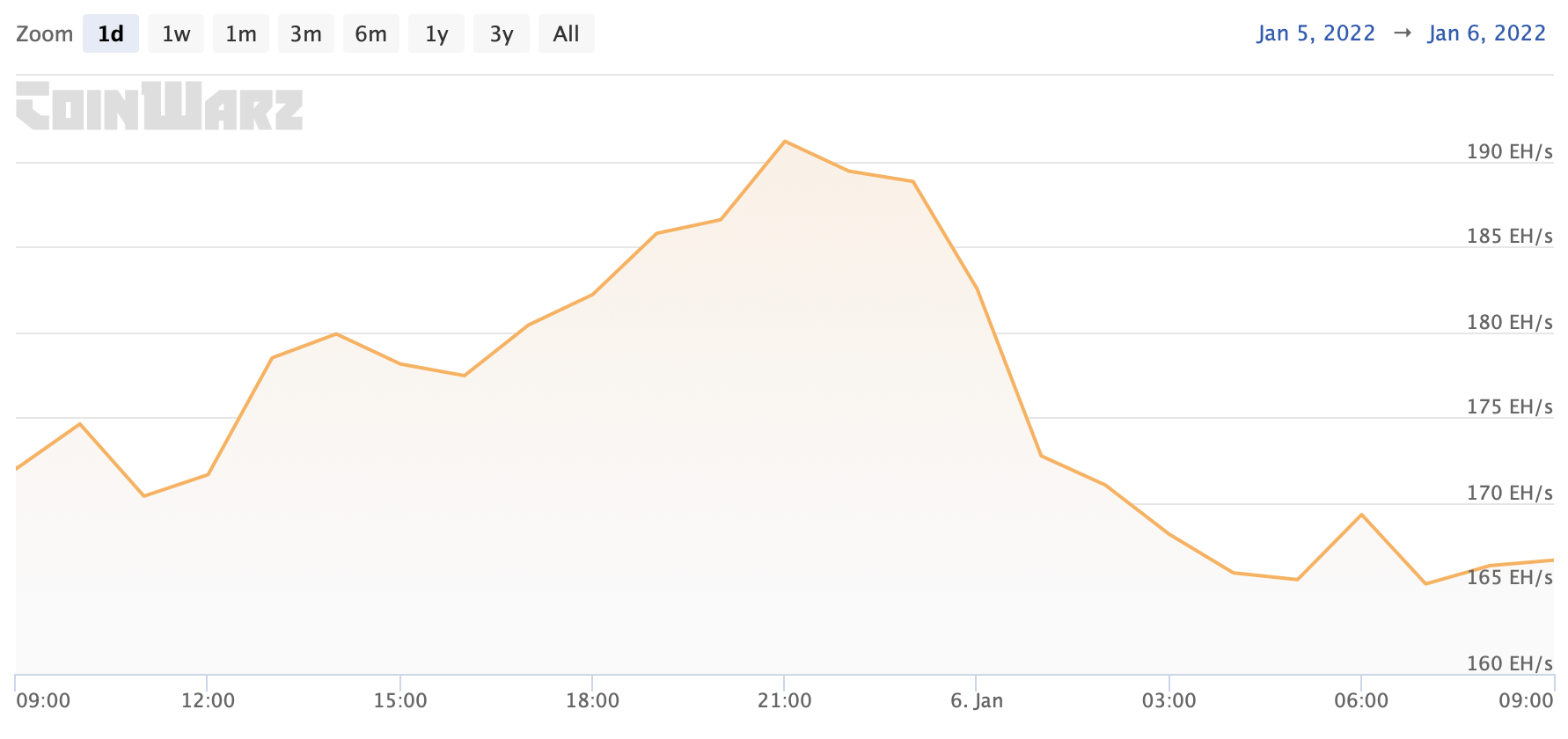The government of Kosovo completely bans the mining of cryptocurrencies in the country. What is the reason for the decision?
The government of Kosovo has announced a ban on Bitcoin and other cryptocurrency mining in the country. Economy Minister Artane Rizvanolli warned that the country’s law enforcement authorities would begin to identify and crack down on digital asset mining operations. The reason for such a drastic decision is the energy crisis in the country. We tell you more about the situation.

As a reminder, a similar situation is observed in Iran, where the government is also forced to limit the activities of miners due to too high energy consumption. In particular, back in May 2021 the authorities banned mining until September. The reason for this was the instability of the local power grid, which experienced regular outages. Due to this, the officials simply decided to ban crypto mining and not to risk the current situation.
However, this decree did not succeed in discouraging coin mining. As it became known in November, some miners continued to mine crypto, and did so without registration. It ended up with the confiscation of equipment on a large scale. At the time it was a matter of confiscating 227 coin mining devices from 14 mining centres.
Where cryptocurrency mining is banned
The minister announced the ban on the recommendation of the Republican Technical Committee for Emergency Energy Measures. The committee includes several other ministers from the government – including Rizvanolli – as well as representatives of government agencies and the Kosovo Energy Corporation.

Kosovo Economy Minister Artane Rizvanolli
According to Decrypt sources, the Kosovo government declared a 60-day state of emergency last month to deal with power outages due to the harsh winter. Most of the country’s electricity is generated by coal-fired power plants. The largest one temporarily shut down due to technical problems in December, forcing the country to import electricity. But with neighbouring Serbia experiencing similar problems, import prices were very high.

Kosovo flag
The state of emergency allowed the government to cut off electricity in some regions and reallocate money to imports. Cryptocurrency mining also fell under the “hot hand” of the bans, as local miners do consume a huge amount of resources nationwide.
Generally speaking, mining has become popular in Kosovo due to the cheapest electricity in Europe. However, as of July 2021, the country accounted for only 0.01 percent of the Bitcoin network hash rate, which means miners are in no hurry to move there, even despite the positive conditions in the form of electricity costs.
However, after the ban on mining in China, the owners of the equipment are actively moving to Kazakhstan, which is also notable for its affordable power. As a result, the country's share of the total Bitcoin hashray network has reached the 18 per cent mark.
And now amid protests in the state and even an internet shutdown, this has had a noticeable effect on the Bitcoin network. According to analysts, the first cryptocurrency's network hash rate has fallen by about 12 percent - which means the lack of internet in Kazakhstan is the reason.
Here is the relevant graph, which shows the drop in the network’s total processing power over the course of yesterday.

Bitcoin network hash rate distribution by pools
And this is how the network hash rate graph for the last 24 hours looks like.

Bitcoin hash rate graph for the last 24 hours
We think that a mining ban is unlikely to be effective, as many citizens will surely continue mining. Still, it may be their primary source of income, which means that the government's arguments may not be as convincing. In addition, it is almost impossible to control home miners with relatively small capacities.















